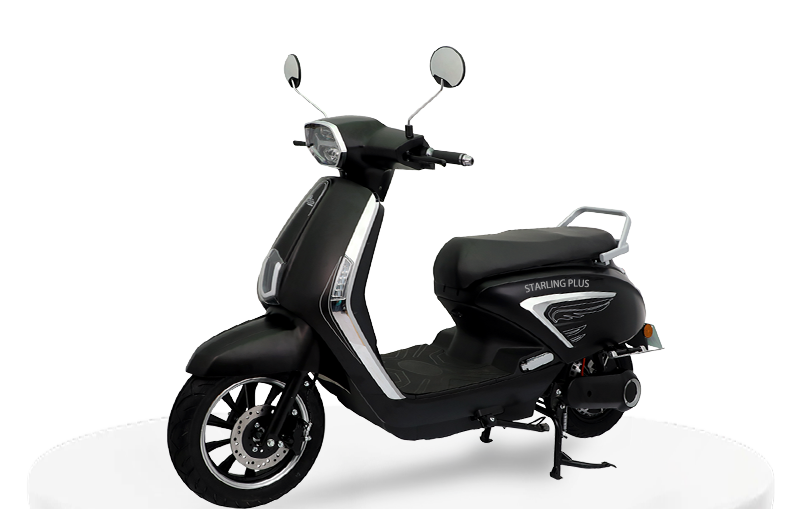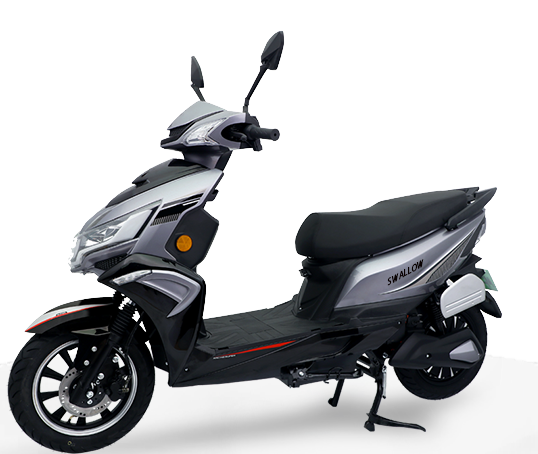
AboutOMAHA
Welcome to Omaha a unit of JVG Electric Private Limited, a pioneer in the electric vehicle (EV) industry, committed to driving innovation and sustainability. Founded with a vision to transform the future of transportation,Omaha Electric is dedicated to designing, manufacturing, and delivering high-performance electric vehicles that meet the highest standards of quality and efficiency.
At Omaha, our mission is to revolutionize the mobility landscape by offering eco-friendly, reliable, and technologically advanced EV solutions. We aim to reduce the carbon footprint and contribute to a cleaner, greener planet through our cutting-edge electric vehicles.
SmartModels



SmartFeatures
Any group age, any distance
Explore boundless possibilities with Omaha - Any Group age, Any Distance. Our versatile electric vehicles are design for solo rides, group adventures, and everything in between. Engineered for efficiency and comfort, our commitment is to redefine your ride experience.
No restrictions, no limits - just the freedom to choose your journey, irrespective of group age or distance. With Omaha, every road becomes an opportunity. Any group age, any distance -your ride, your way.

EnviormentalImpacts of
e-bike
The environmental impacts of e-bikes are generally positive compared to conventional cars and motorcycles. Here are some key points:
Overall, e-bikes have the potential to offer significant environmental benefits, especially when compared to conventional cars and motorcycles.

Reduced Emissions
E-bikes produce zero tailpipe emissions, which helps improve air quality, especially in urban areas where pollution from vehicles is a major concern.

Energy Efficiency
E-bikes are more energy-efficient than cars and motorcycles, requiring less energy per kilometer traveled. This can help reduce overall energy consumption and dependence on fossil fuels.

Traffic Congestion
E-bikes can help reduce traffic congestion by providing a faster and more flexible alternative to cars, especially for short to medium distance trips.

Lower Energy Consumption
E-bikes consume less energy per mile traveled compared to electric cars or motorcycles.

Reduced Noise Pollution
E-bikes are quieter than cars and motorcycles, which can help reduce noise pollution in urban and residential areas.

Materials and Manufacturing
The production of e-bikes does require materials and energy, and there are environmental impacts associated with the manufacturing process. However, these impacts are typically lower than those associated with car manufacturing.

Battery Recycling
The disposal of e-bike batteries is an environmental concern. However, many e-bike batteries can be recycled, and efforts are being made to improve battery recycling processes.

Infrastructure Impact
While e-bikes do require some infrastructure for charging and maintenance, the impact is generally lower compared to the infrastructure required for cars and motorcycles.

Preventing Air Pollution
Pollution is a serious problem that plagues many cities. It causes respiratory and other problems that can be dangerous for some. e-bikes do not contribute to the pollution in the air.

Reduced Emissions
E-bikes produce zero tailpipe emissions, which helps improve air quality, especially in urban areas where pollution from vehicles is a major concern.

Energy Efficiency
E-bikes are more energy-efficient than cars and motorcycles, requiring less energy per kilometer traveled. This can help reduce overall energy consumption and dependence on fossil fuels.

Traffic Congestion
E-bikes can help reduce traffic congestion by providing a faster and more flexible alternative to cars, especially for short to medium distance trips.

Lower Energy Consumption
E-bikes consume less energy per mile traveled compared to electric cars or motorcycles.

Reduced Noise Pollution
E-bikes are quieter than cars and motorcycles, which can help reduce noise pollution in urban and residential areas.

Materials and Manufacturing
The production of e-bikes does require materials and energy, and there are environmental impacts associated with the manufacturing process. However, these impacts are typically lower than those associated with car manufacturing.

Battery Recycling
The disposal of e-bike batteries is an environmental concern. However, many e-bike batteries can be recycled, and efforts are being made to improve battery recycling processes.

Infrastructure Impact
While e-bikes do require some infrastructure for charging and maintenance, the impact is generally lower compared to the infrastructure required for cars and motorcycles.

Preventing Air Pollution
Pollution is a serious problem that plagues many cities. It causes respiratory and other problems that can be dangerous for some. e-bikes do not contribute to the pollution in the air.
OmahaPioneering Sustainable Mobility
Omaha, an Indian electric two-wheeler manufacturer, stands at the forefront of redefining sustainable mobility. Headquartered in Adampur,Haryana, our commitment to a cleaner, greener future drives every aspect of our business.
Omaha E-Scooty boasts an efficient electric powertrain, delivering a smooth and powerful ride with zero emissions.
With a focus on user-friendly features, Omaha E-Scooty combines style and functionality for a seamless and enjoyable riding experience.
Equipped with advanced battery technology, our scooters offer an impressive range on a single charge.
Stay connected on the go with smart features that enhance your riding experience, providing convenience and control at your fingertips.













